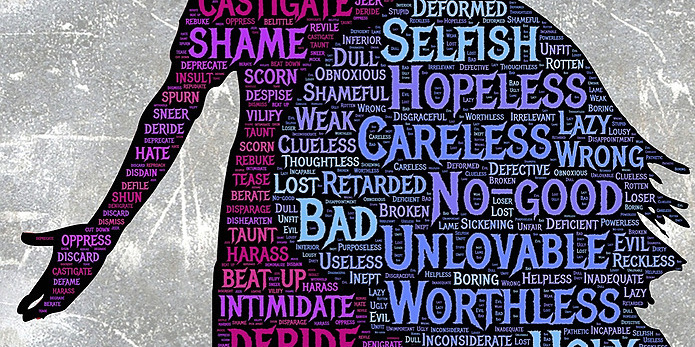Abuse occurs when people mistreat or misuse other people, showing no concern for their integrity or innate worth as individuals, and in a manner that degrades their well-being. Abusers frequently are interested in controlling their victims. They use abusive behaviors to manipulate their victims into submission or compliance with their will.
Partners in abusive relationships have varying reasons for remaining in them.
- the abused (the victim) may feel they cannot leave their relationship because they are economically dependent (e.g. a mother with a child)
- religious and cultural considerations (i.e. fear of going against the abused person’s church teachings)
- the abused may think staying is in the best interests of children
- the abused may think each abusive episode is a “one time” thing and to focus on the good aspects of the relationship
- the abused typically has low self-esteem with beliefs that they need to settle for the abusive relationship because they would otherwise be alone
- the abused may believe that they are unable to pick a non-abusive partner, so they remain with the abusive partner instead of leaving.
The Cycle of abuse
In a typical instance of domestic abuse (where one partner is abusive towards the other), abuse tends to occur periodically (cyclically), rather than constantly (all the time).
First, an event occurs that generates feelings of anger or even rage in the abuser, whether the event is real or imagined.
These feelings then lead to the second stage of the cycle, which is where the actual abusive behavior occurs. Such behavior may be verbal, physical, emotional/mental, or sexual in nature.
Shortly after the abusive event occurs, the typical abuser expresses remorse or guilt and tries to apologize for their behaviour. They may say “I will never do that again” and/or offer gifts and a moment of kindness to gain forgiveness from the victim. In a parent/child abusive relationship, guilt over abuse may be expressed as special privileges or gifts for the child victim.
Following the guilt and making up stage comes a “honeymoon” period during which things are good for a while between the partners. Every time a victim forgives an abuser, that abuser is reinforced for being abusive, and it becomes that much more likely that the abuser will become abusive again in the future.
Inevitably, the honeymoon ends and another cycle of abuse begins again.
Learn More
You should know that you do not suffer alone. Community abuse resources (such as domestic violence shelters), mental health professionals, law enforcement, and various other organizations, websites and printed resources can provide instruction and assistance if you need help removing yourself from an abusive situation.
Ending Violence Association of Canada. http:endingviolencecanada.org/getting-helpanada.org/getting-help/)













